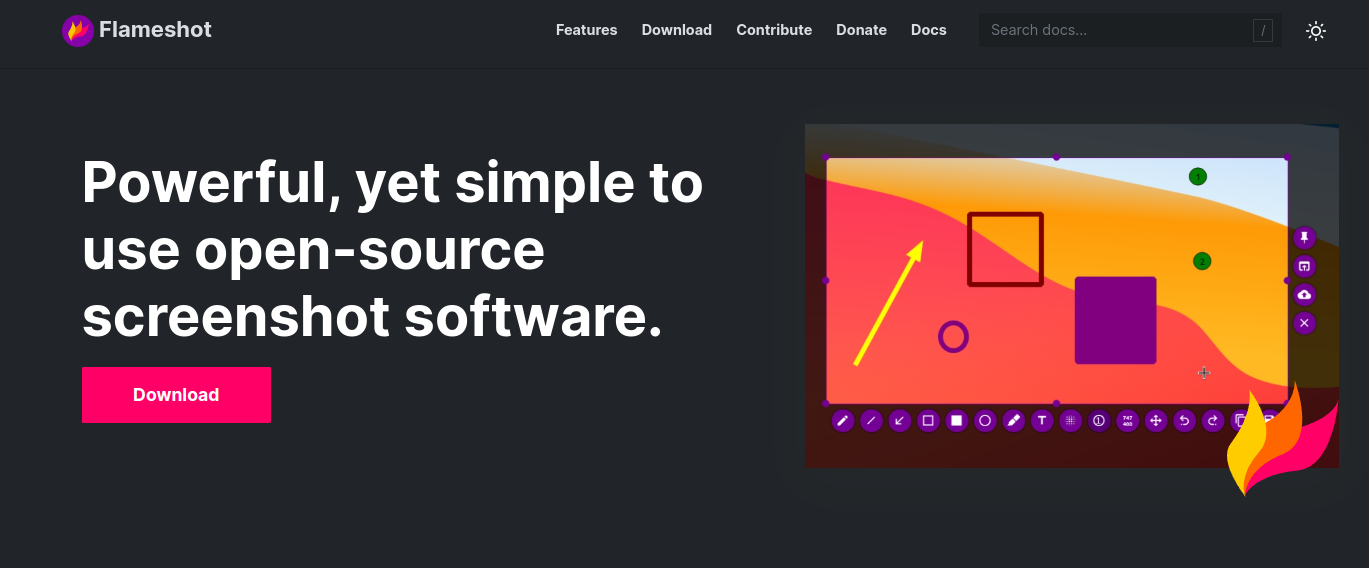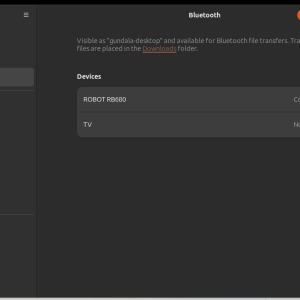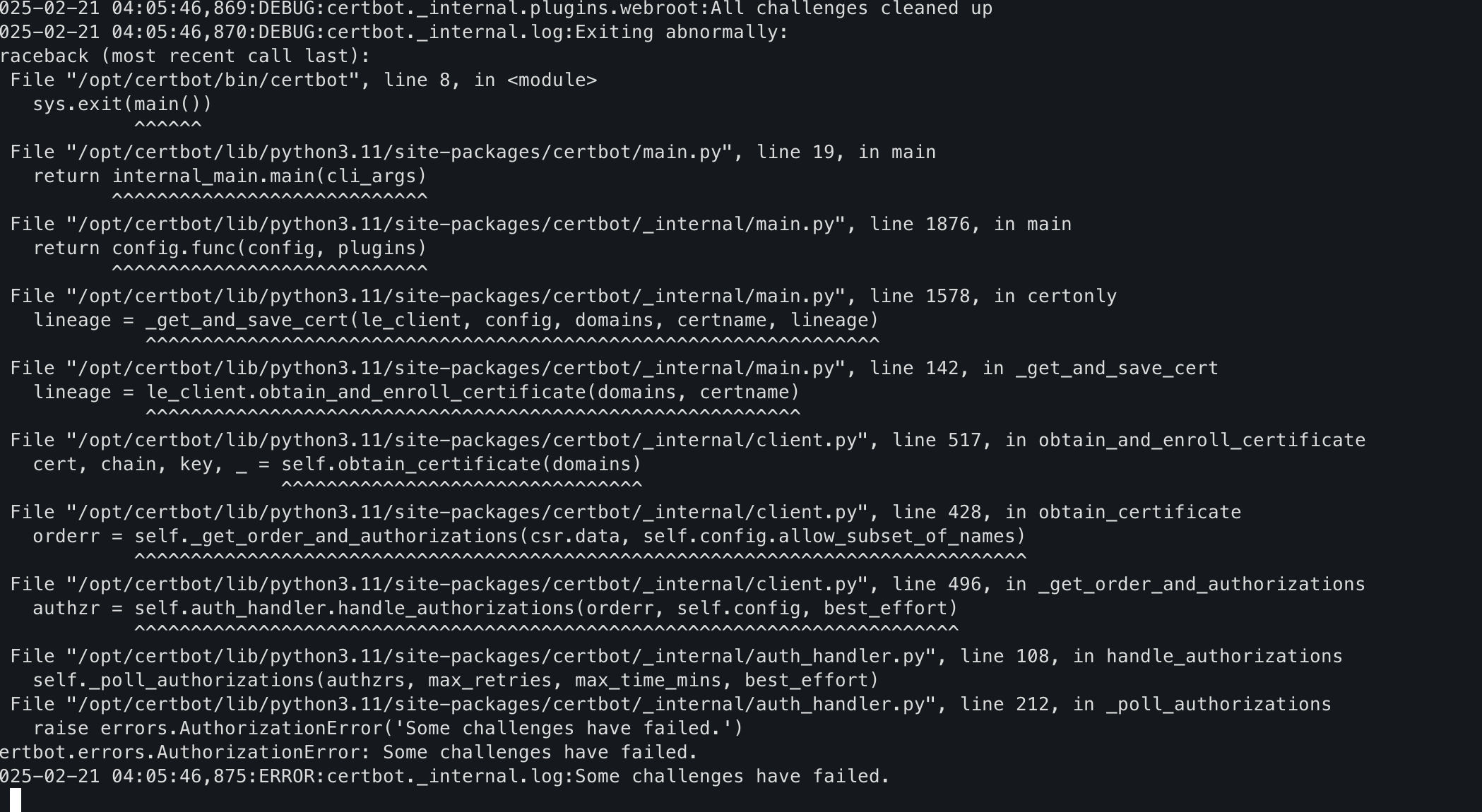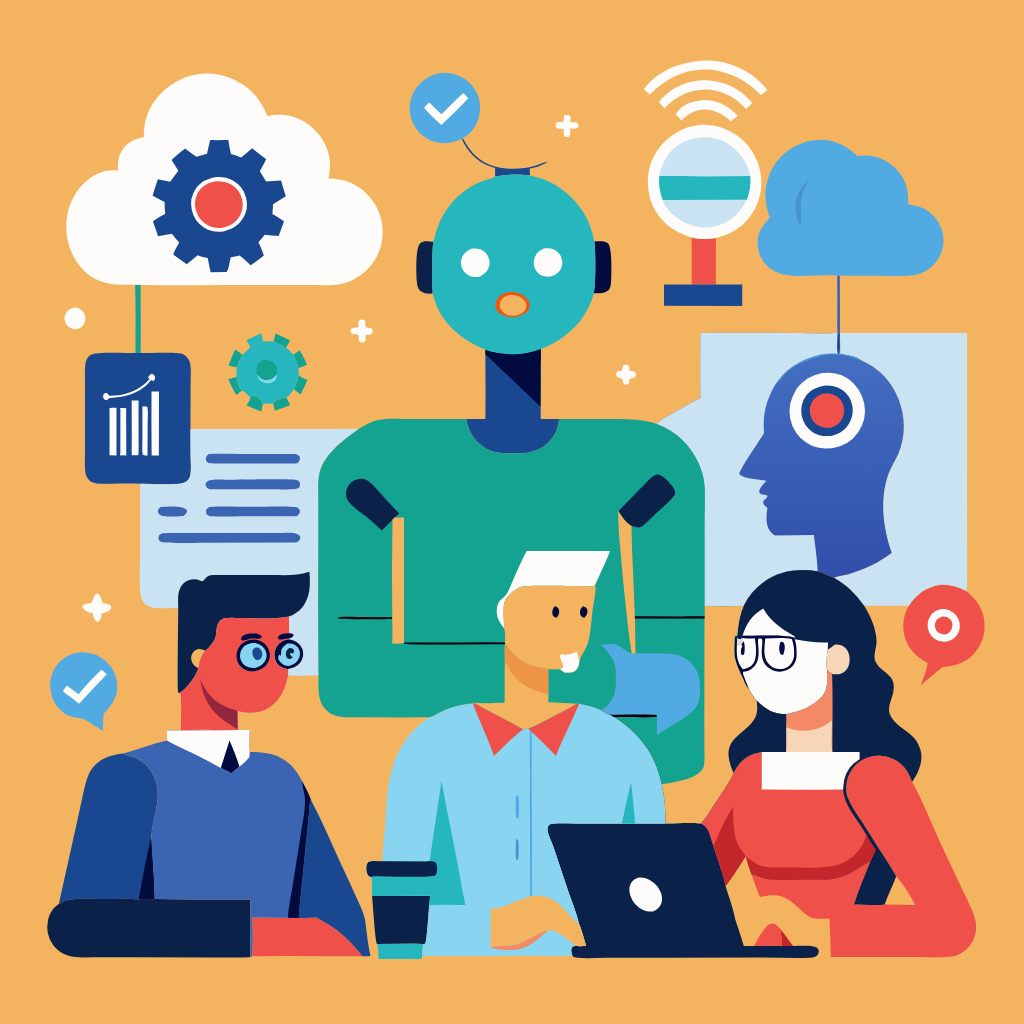-
- Security expertise: With the proliferation of IoT devices and their connectivity, security remains a paramount concern. IoT engineers need to be well-versed in securing devices, data, and communication to prevent vulnerabilities and potential cyber-attacks.
- Data analytics and AI/ML: IoT generates vast amounts of data, and being able to analyze and derive valuable insights from this data is crucial. Skills in data analytics, artificial intelligence, and machine learning enable engineers to make better use of the data collected by IoT devices.
- Cloud computing: Cloud platforms play a vital role in the IoT ecosystem as they provide a scalable and flexible infrastructure for data storage, processing, and application deployment. Understanding cloud computing and how to work with platforms like AWS, Azure, or Google Cloud is essential.
- Programming languages: Proficiency in programming languages like C/C++, Python, Java, or JavaScript is fundamental for developing IoT applications and firmware.
- Communication protocols: IoT devices communicate with each other and with the central system through various protocols such as MQTT, CoAP, HTTP, Bluetooth, Zigbee, LoRaWAN, etc. Knowing how to work with these protocols is essential for seamless device communication.
- Hardware knowledge: A solid understanding of hardware components, sensors, microcontrollers, and embedded systems is essential for designing and troubleshooting IoT devices.
- Interdisciplinary skills: IoT engineers often work in interdisciplinary teams, and having the skills to collaborate with other professionals like data scientists, industrial designers, and domain experts is advantageous.
- Regulatory compliance and standards: Knowledge of industry standards and regulatory compliance (e.g., GDPR, HIPAA) related to IoT and data privacy is essential to ensure legal and ethical practices.
- Energy efficiency optimization: As IoT devices are often battery-powered or have limited energy resources, optimizing energy consumption is vital for extending device lifespan and improving sustainability.
- Prototyping and testing: Rapid prototyping skills and the ability to perform rigorous testing are valuable for efficiently developing and improving IoT devices and systems.
Remember, the field of IoT is dynamic and ever-changing. Staying up-to-date with the latest trends and technologies will help IoT engineers remain competitive in their profession.
Discover more from Susiloharjo
Subscribe to get the latest posts sent to your email.





